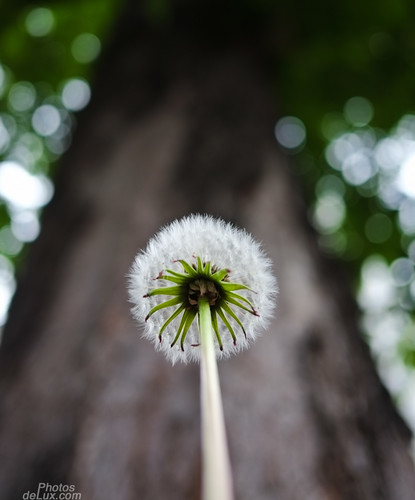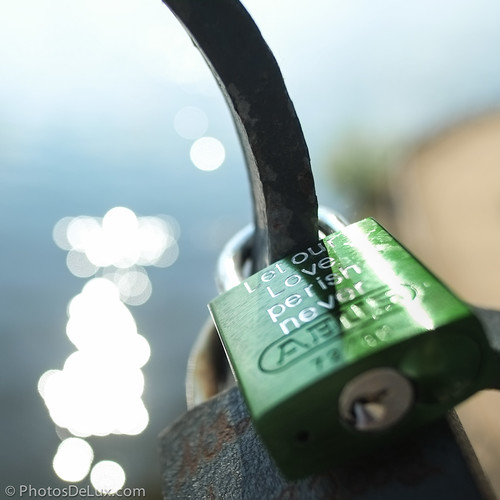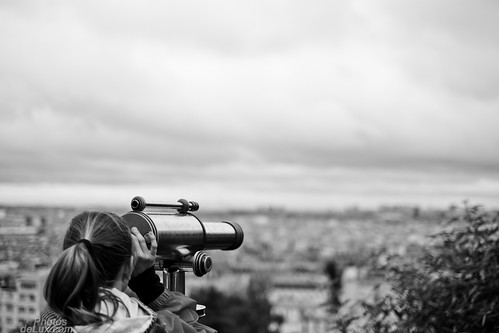Tests have shown that the Fuji X-Pro 1 is able to challenge full frame sensor cameras in resolution, dynamic range and ISO performance.
But there is one physical limitation where even the best APS-C size sensor can't challenge a full frame camera - and that is shallow depth of field control.
Any sensor smaller than full frame will have a greater depth of field at comparable lens and f-stop settings. Now that does not automatically imply that this is a bad thing. Many wildlife, sports and macro photographers actually appreciate this characteristic for their work.
But I am a shallow depth of field and bokeh lover! I have used full frame DSLR's for 6 years and really make use of shallow depth of field to separate my subject from the background. So how can I create this effect with the X-Pro 1?
Well, the underlying physics of the X-Pro 1 APS-C sensor can't be changed. You have to a) shoot as wide open as possible and b) get as close as possible to your subject and c) use the longest focal length possible in order to increase the shallow depth of field.
The bokeh quality is a matter of the lens used. So how do the XF 18mm and XF 35mm that I own do in the bokeh department? See and decide for yourself:

The Fujinon XF 35mm f/1.4 is capable of producing a nice bokeh and lots of details even at f/2.8!

The Fujinon XF 18mm f/2 does produce a very pleasing bokeh, too.

XF 35mm @ f/1.4 with sunlight coming in through the window behind the chair.

This was a high contrast scene facing towards the sun with the XF 18mm lens. Blown highlights but nice bokeh.

Detail of a classic Citroen DS taken with the XF 35mm f/1.4

The wide angle XF 18mm f/2 allows for a good angle of view even if you want to get close to the subject in order to create background blurr

XF 35mm at f/1.4 - I use shallow depth of field to focus the viewers attention to the part of the picture that I want to highlight. The Lytro camera shown in this image lets the viewer decide where to focus on after the picture was taken...

XF 35mm at f/1.4 - If everything would have been in focus, the background would have distracted from the subject and the story this picture was supposed to tell would have been less intense

I am always amazed about how well the XF 35mm on the X-Pro 1 resolves details. Even wide open at f/1.4 you can clearly see individual hairs (click on the image to go to a bigger version)
Both the Fujinon XF 18mm f/2 and 35mm f/1.4 are great compact lenses that can be used with wide open aperture and still resolve lots of detail.
Remember, the smaller the sensor gets, the tougher it is to separate your subject from the background! Therefore a smaller m4/3 sensor needs an even faster lens to create a similar shallow depth of field at a comparable field of view that you get from an APS-C sensor camera.
Looking at Fujis XF lens roadmap, the XF 23mm f/1.4 and XF 56mm f/1.4 (both in 2013) are two lenses that look interesting for the shallow depth of field style photographer :)
And as the Fuji X-E1 hast the same mount and sensor as the X-Pro 1, the results will be the same.
If you have any further questions leave a comment below or Twitter me @HamburgCam
And if you liked my post I am always happy if you spread the word and retweet, like or google +1 it :-)
